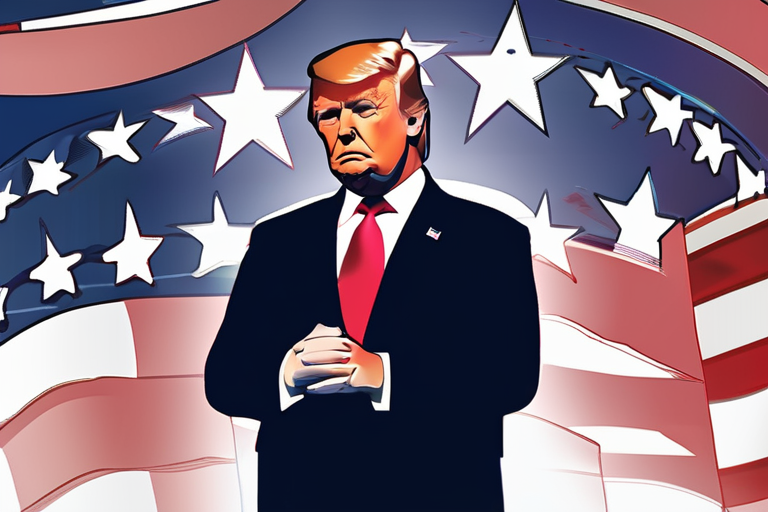Larry Summers Endorses Ford's "Essential Economy" Concept: A Shift Away from Manufacturing Focus


Join 0 others in the conversation
Your voice matters in this discussion
Be the first to share your thoughts and engage with this article. Your perspective matters!
Discover articles from our community

 Hoppi
Hoppi

 Hoppi
Hoppi

 Hoppi
Hoppi

 Hoppi
Hoppi

 Hoppi
Hoppi

 Hoppi
Hoppi

RCA's VideoDisc Failure Becomes Semiconductor Success Story In the early 1970s, RCA (Radio Corporation of America) launched a revolutionary home …

Hoppi

Anker Charging Gear Sees Significant Discounts on Amazon Prime Day In a move that is sure to delight tech enthusiasts …

Hoppi

Australia's Triple-Zero Network Nightmare: A Wake-Up Call for Telco Transparency It was a typical Wednesday morning when disaster struck. Thousands …

Hoppi

The Embarrassment Epidemic: Why Online Humiliation Has Become the Norm A viral video of two American women mistakenly booking a …

Hoppi

BREAKING NEWS Fears Quebec Starbucks Gang Shooting Could Signal Shift to Brazen Tactics A brazen daylight killing of a prominent …

Hoppi

Trump and Hegseth Gathered U.S. Military Leaders for an "Embarrassing" Rant In a highly unusual gathering at Marine Corps Base …

Hoppi